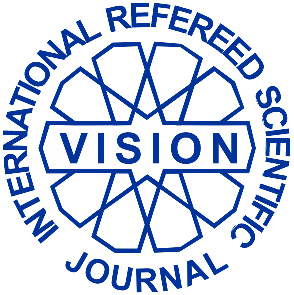Assoc. prof. Gjorgi Slamkov, Ph.D, Assoc. prof Zoran Filipovski, Ph.D
INSTITUTIONAL APPROACH IN THE FIGHT AGAINST CORRUPTION – ANTI-CORRUPTION BODIES
Abstract
ABSTRACT
Corruption undermines democracy, destroys the rule of law and violates citizens’ trust in the institutions of the system. Corruption hampers social and economic development, discourages investors, threatens the market, and at the same time poses a significant threat to security and stability.
Corruption is a major threat to the common values of civilization, creates instability and undermines the foundations of a modern society based on respect for human freedoms and rights and the rule of law.
In the true sense of the word, the international approach in the fight against corruption begins about 30 years ago, with the official overcoming of the block`s division. Namely, in the past period, various conventions, declarations, principles, recommendations for combating corruption from a global and regional aspect have been adopted. Most of the acts emphasize the need to build a specialized body for the prevention and repression of corruption.
International experiences show different institutional approaches in building anti-corruption bodies. They range from independent operating bodies with investigative powers, through bodies installed in other institutions, to preventive and auxiliary bodies.
Each of the approaches has advantages and disadvantages, taking into account the specific characteristics of each country. However, there are parameters for measuring the effect of their work, thus opening the way for the implementation of new standards in dealing with corruption.
Key words: corruption, anti-corruption bodies, anti-corruption measures, prevention, repression,
